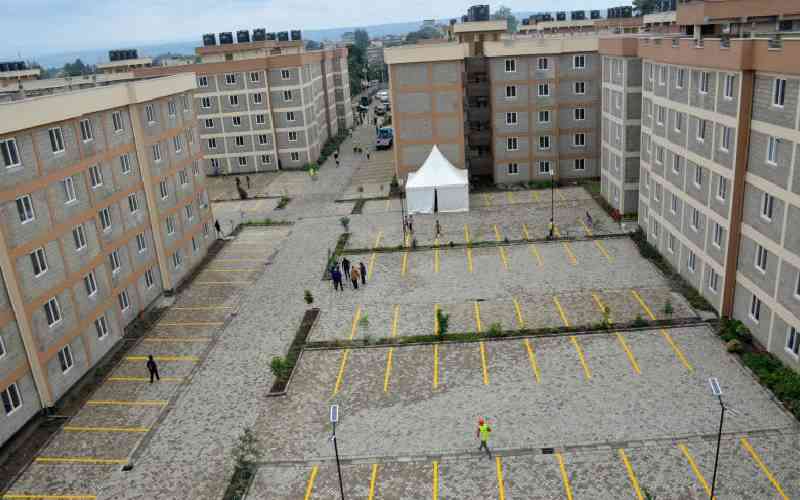×
The Standard e-Paper
Informed Minds Prefer The Standard

Audio By Vocalize

Real estate has the highest labour productivity in the services sector according to a new report even as the closure of some retail stores dented the industry.
The latest Kenya Economic Report shows the high labour productivity across the counties that have been segregated into arid, semi-arid and non-ASAL (Arid and semi-arid lands).

